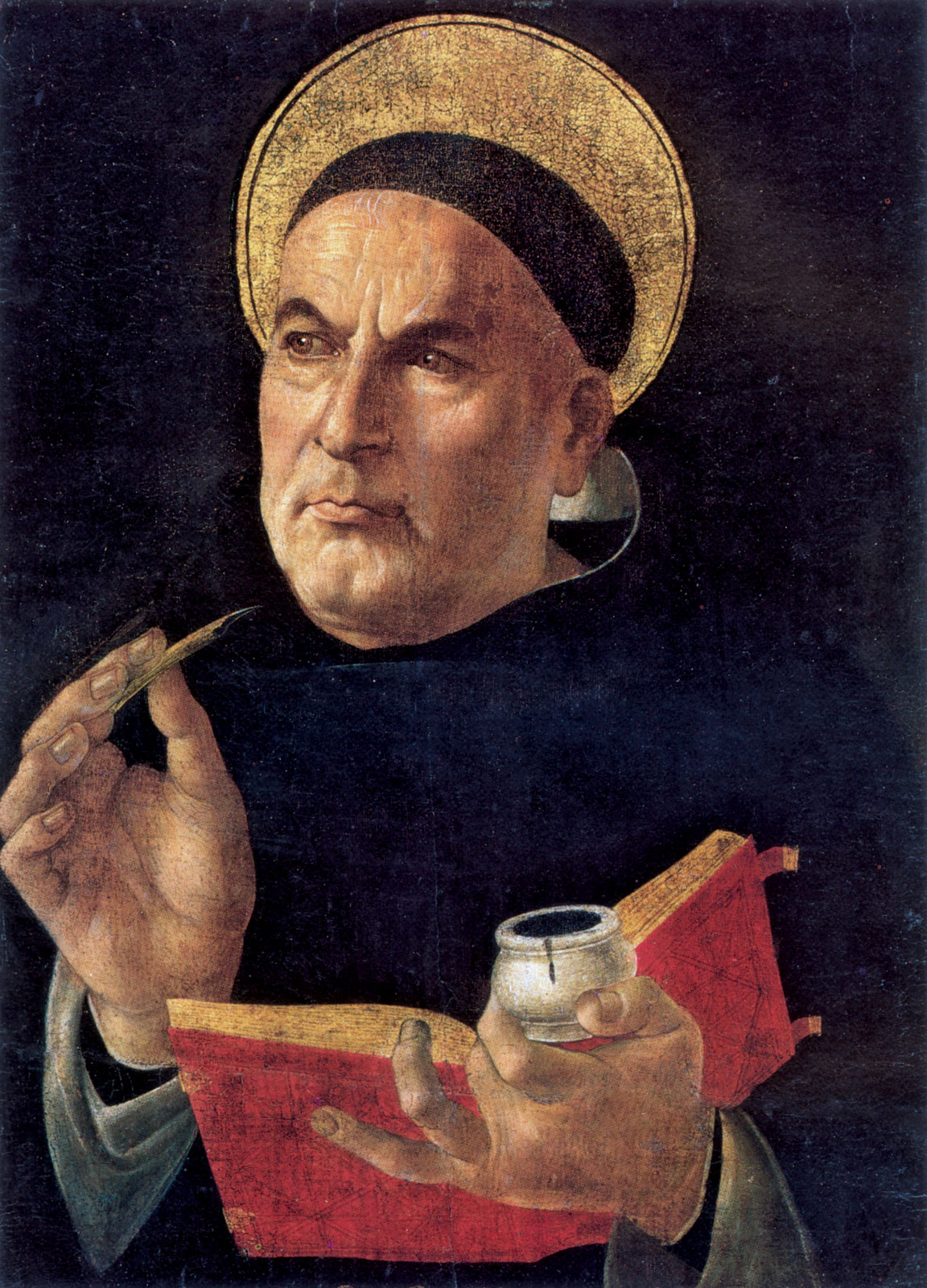Embracing Consolation, Understanding Desolation – Spiritual Desolation: Be Aware, Understand, Take Action with Fr. Timothy Gallagher
Fr. Timothy Gallagher and Kris McGregor continue the discussion on spiritual desolation within the context of Rule 4. In this episode, they explore the varying intensities of desolation, emphasizing awareness and counteraction. In particular, Fr. Gallagher highlights the potential to halt the desolation snowball at its inception, preventing further negative impact.
Fr. Gallagher highlights the pull towards low things during desolation and advocates for rejecting discouraging lies that may come up during a period of desolation, and makes a point that experiencing spiritual desolation is normal, emphasizing that there is no shame in it. He contrasts experiences of consolation and desolation using various examples, providing practical Ignatian insights for navigating the hidden aspects of the spiritual journey.
Discerning Hearts Reflection Questions:
- Understanding Desolation: How does Fr. Timothy Gallagher describe the varying intensity and duration of spiritual desolation, and what impact can it have on an individual’s spiritual life?
- Preventing the Snowball Effect: What strategies does Fr. Gallagher suggest to stop the snowball effect of spiritual desolation, and why is awareness, understanding, and prompt action essential in this process?
- Desolation and Temptation Link: Explore the connection between spiritual desolation and temptation as discussed by Fr. Gallagher, and how can suitable gestures of penance and courageous responses help combat these challenges?
- Normalizing Desolation: Why does Fr. Gallagher emphasize that experiencing spiritual desolation is a normal part of the spiritual life, and how does being aware, understanding, and taking action play a crucial role in handling it without shame?
- Contrasting Thoughts in Consolation and Desolation: How does Fr. Gallagher illustrate the contrary nature of thoughts arising from consolation and desolation, and why is awareness crucial in rejecting discouraging lies during times of desolation?
- Responding to Lack of Confidence: In what ways does spiritual desolation lead to a lack of confidence, and how can individuals counteract this lack of confidence in their spiritual journey?
- The Role of Consolation: How does spiritual consolation, characterized by uplifting and joy-filled stirrings, influence one’s thoughts and actions, and what role can it play in sustaining and deepening one’s spiritual life?
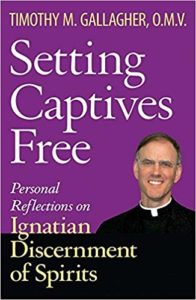
From Setting the Captives Free: Personal Reflections on Ignatian Discernment of Spirits:
“Rule 4 is the companion to rule 3 and describes its exact opposite: spiritual desolation. As in rule 3, Ignatius does not give a definition but rather a list of experiences of spiritual desolation. I have italicized each:
Fourth Rule. The fourth is of spiritual desolation. I call desolation all the contrary of the third rule, such asdarkness of soul, disturbance in it, movement to low and earthly things, disquiet from various agitations and temptations, moving to lack of confidence, without hope,without love, finding oneself totally slothful, tepid, sad and, as if separated from one’s Creator and Lord. For just as consolation is contrary to desolation, in the same way the thoughts that come from consolation are contrary to the thoughts that come from desolation.”
Father Timothy M. Gallagher, O.M.V., was ordained in 1979 as a member of the Oblates of the Virgin Mary, a religious community dedicated to retreats and spiritual formation according to the Spiritual Exercises of St. Ignatius. Fr. Gallagher is featured on the EWTN series “Living the Discerning Life: The Spiritual Teachings of St. Ignatius of Loyola”.
For more information on how to obtain copies of Fr. Gallaghers’s various books and audio which are available for purchase, please visit his website: frtimothygallagher.org

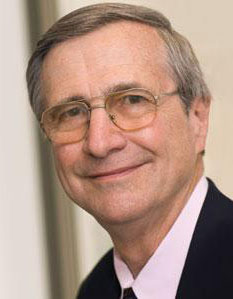
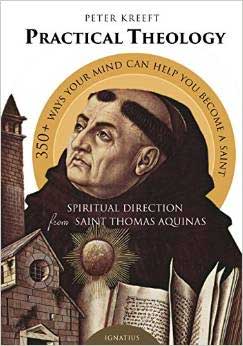
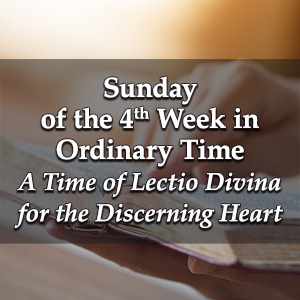 Sunday of the Fourth Week in Ordinary Time – A Time of Lectio Divina for the Discerning Heart Podcast
Sunday of the Fourth Week in Ordinary Time – A Time of Lectio Divina for the Discerning Heart Podcast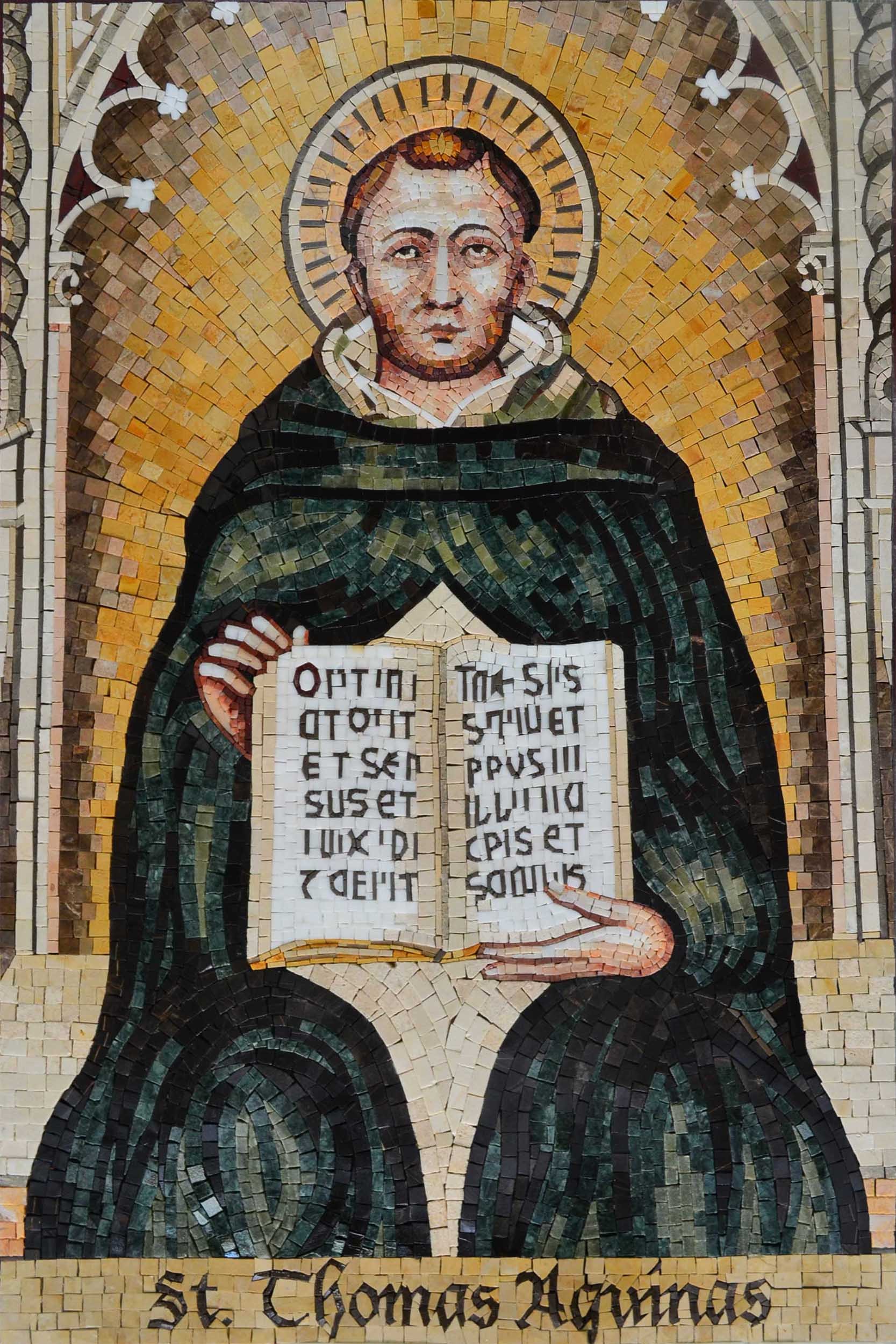

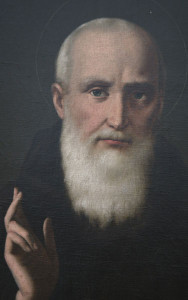



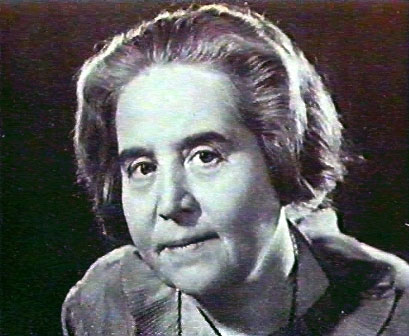
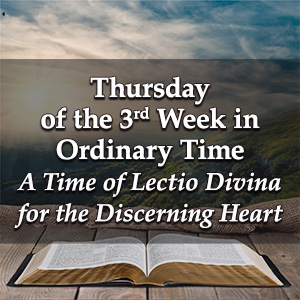 Thursday of the Third Week in Ordinary Time – A Time of Lectio Divina for the Discerning Heart Podcast
Thursday of the Third Week in Ordinary Time – A Time of Lectio Divina for the Discerning Heart Podcast